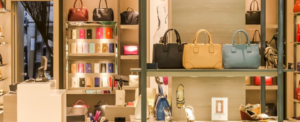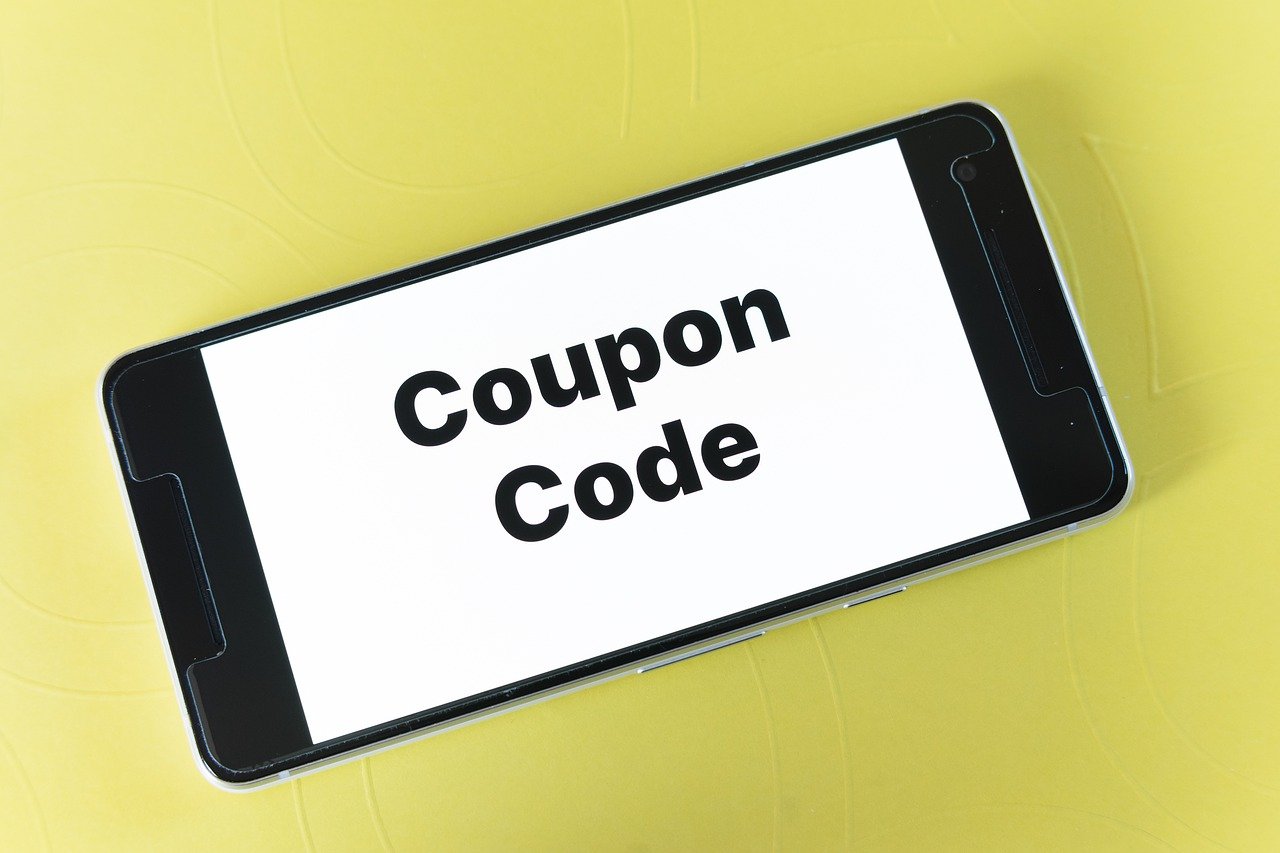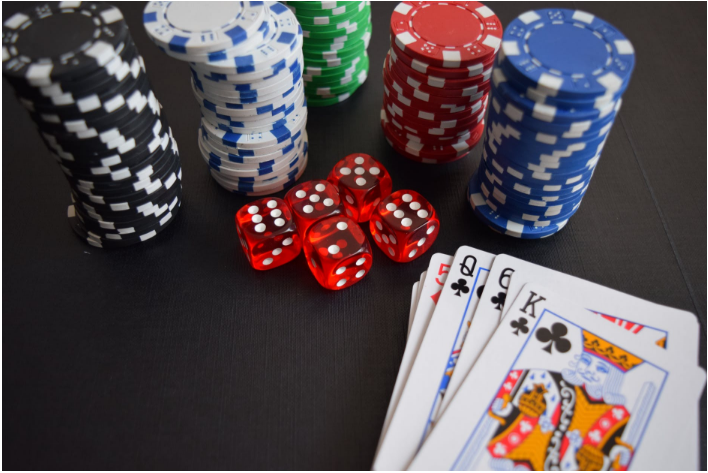Someone suffering from shopping addiction may not realize that it is a compulsive disorder. Many shopping addicts do love the 24s cashback because it offers a great discount for the stuff they want.
The Behavior
 Some people hide purchase receipts and credit card statements with loved ones after a long day of shopping at the mall. Meanwhile, others admit they went on a hunt but claim the exact amount they spent is a trick, or they lie to everyone and say they spent a large amount of money. Shopping addiction can be related to a specific garment, accessory manufacturer, or product line. However, some shopping addicts cannot avoid spending their money not only on clothes, shoes, jewelry but also on food, and other forms of material goods such as real estate.
Some people hide purchase receipts and credit card statements with loved ones after a long day of shopping at the mall. Meanwhile, others admit they went on a hunt but claim the exact amount they spent is a trick, or they lie to everyone and say they spent a large amount of money. Shopping addiction can be related to a specific garment, accessory manufacturer, or product line. However, some shopping addicts cannot avoid spending their money not only on clothes, shoes, jewelry but also on food, and other forms of material goods such as real estate.
Many shopping addicts ruin their relationships because they lose control of their shopping behavior. Compulsive shopping or shopping addiction is considered a mental health condition. In the mind of the shopping addict, shopping is directly related to pleasure. Almost all signs of this type of addiction are emotional, although some physical symptoms may indicate this. Someone who is already heavily in debt and experiencing a worsening fiscal situation may or may not know that there is a problem to be solved.
The Addiction
Emotional distress resources are identified, along with expert guidance, and the sufferer is allowed to break the vicious cycle of spending and shopping. As mental health experts point out, people can develop a shopping addiction because of the feeling of pleasure associated with the actions. A shopping addict is a person who constantly seeks out the pleasurable feelings caused by a particular activity when performing those actions. One report states that 10-15 percent of people tend to develop addictive behaviors.
While shopping is an essential source of pleasure and enjoyment, you may be a compulsive spender and either reckon with debt or feel threatened by it. The compulsive shopper is extremely susceptible to this spell woven by marketing professionals; guilt and desperation trigger the need to shop to numb those feelings. But you don’t need to know your emotional triggers to know if you’re a compulsive shopper, although it can help to stop the compulsion. Managing debt responsibly will keep you from destroying your credit rating, which is perhaps the most important reason to keep your spending under control.




